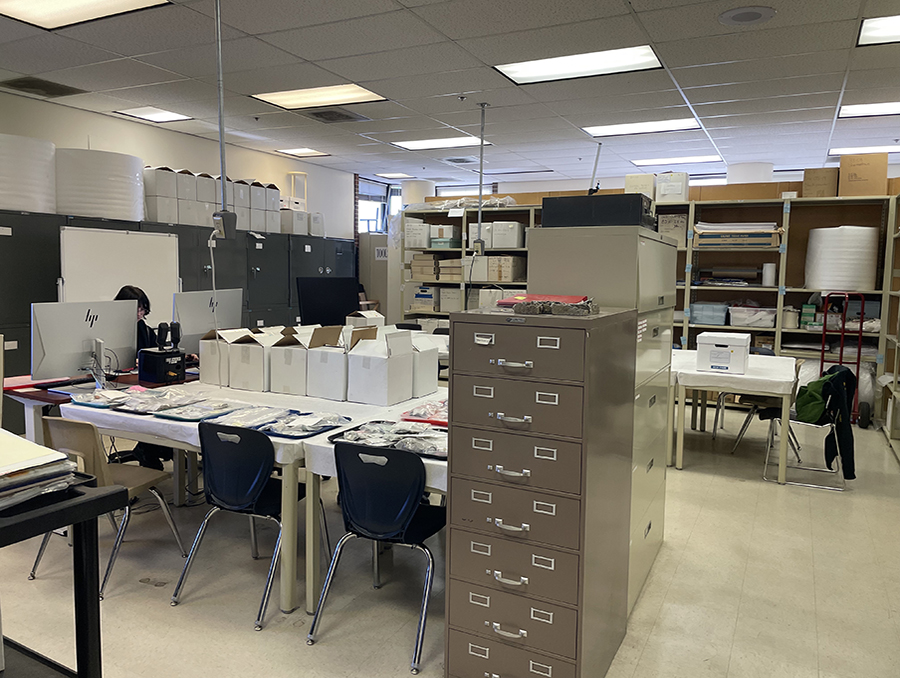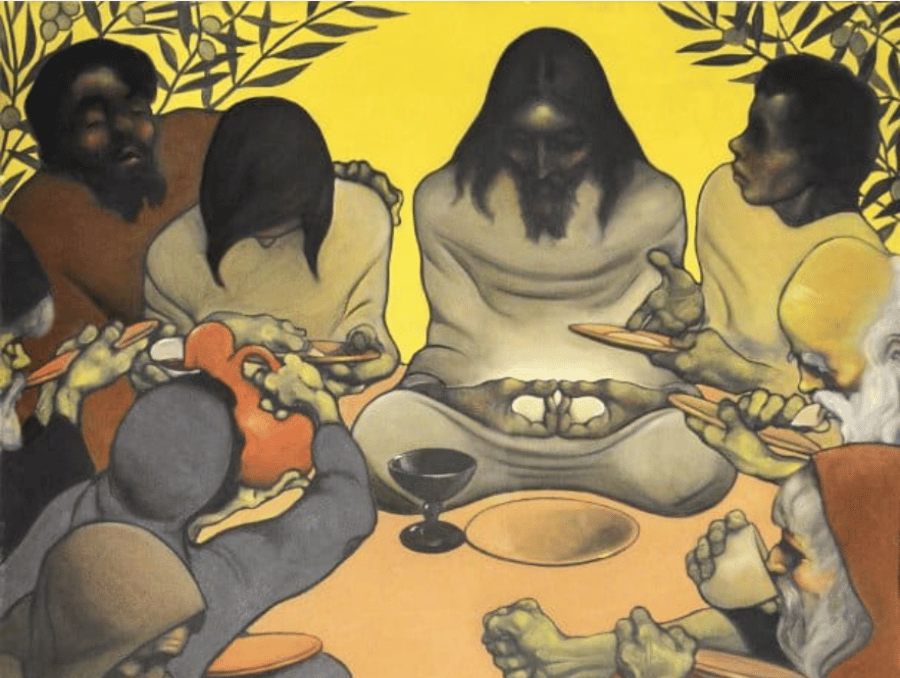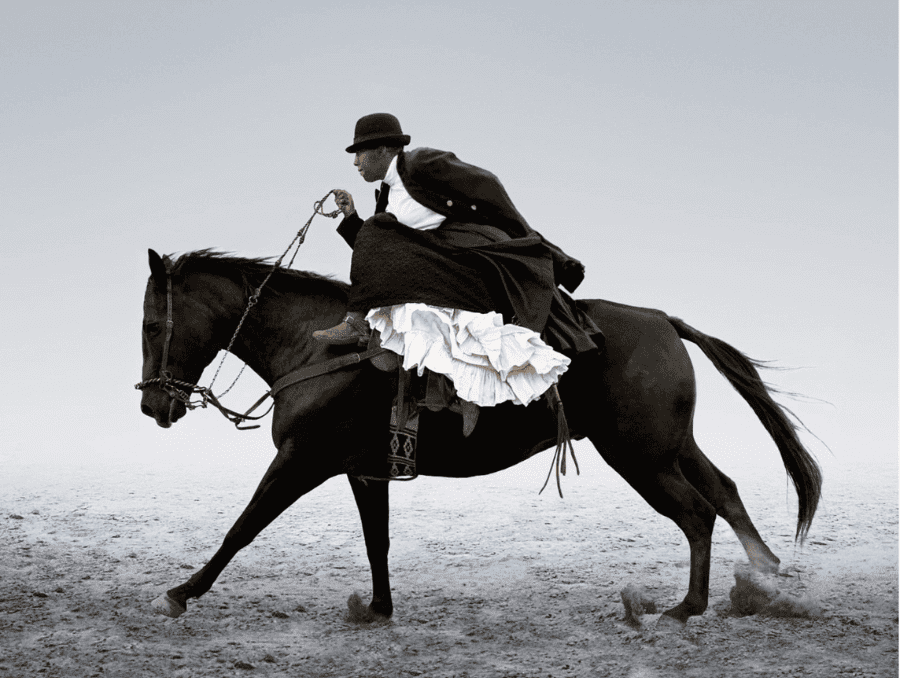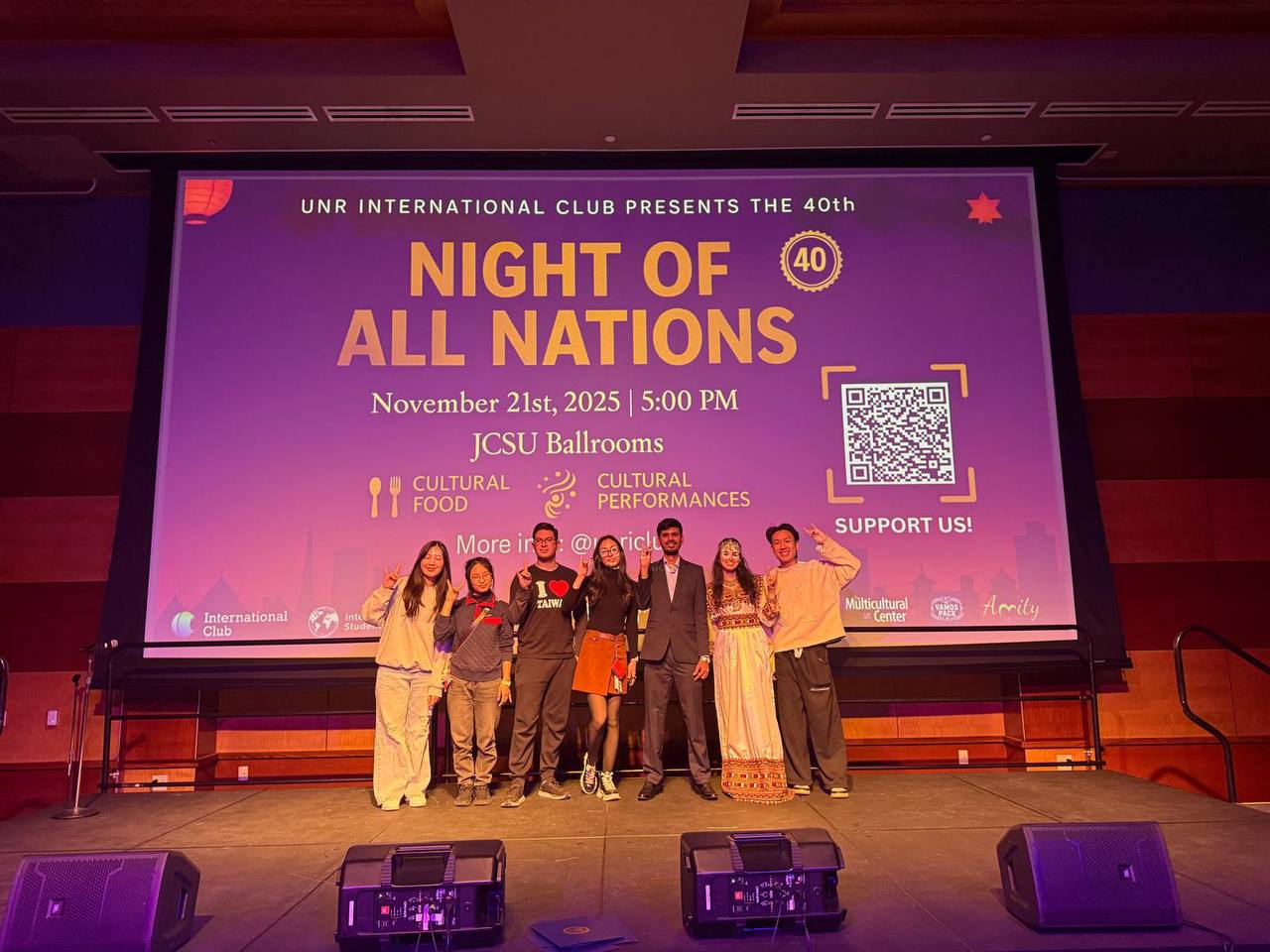The Anthropology Research Museum within the College of Liberal Arts at the University of Nevada, Reno was recently awarded the National Endowment for the Humanities (NEH) Preservation Assistance Grant.
“The goal of the grant is to provide our institution with a conservator to assess the conditions of the Anthropology Research Museum and our collections and provide recommendations involving them,” Carolyn White, director of the University’s Anthropology Research Museum, said. “We hired a conservator to evaluate the physical spaces of the museum and our curatorial facilities. We will use the suggestions provided to improve the ways that we curate our collections.”
With the NEH grant, the Anthropology Research Museum and its fellows are working to complete an ongoing review of its collections, keeping in mind the importance of the Native American Graves and Repatriation Act (NAGPRA) and striving to make the museum a more welcoming space for Indigenous peoples.
NAGPRA was passed on Nov. 16, 1990, to resolve the disposition of Native American cultural items and human remains under the control of federal agencies and institutions that receive federal funding.
Prior to NAGPRA implementation, the University of Nevada, Reno held Native American human remains and cultural items that were primarily obtained between 1967 and 1980 as the result of University archaeological excavations, cultural resource management projects or inadvertent discoveries by the public.
NAGPRA Summaries and Inventories were first created in consultation with potentially affiliated tribes in 1995. These preliminary efforts resulted in several repatriations and consultations with tribal nations. In 2018 a new effort to inventory and identify additional burial and ceremonial cultural items began. The University is renewing efforts to consult with tribal nations to ensure that all human remains under its control are repatriated as soon as possible.
“Our University under the direction of President Sandoval has made NAGPRA and tribal consultation a top priority,” Rochanne Downs, NAGPRA Liaison at the University, said. “The most important part of this process has been consulting, discussing and listening to the tribes about our NAGPRA collections and pathway to repatriation. We are transparent with our efforts and our collections, and have asked the tribes for guidance on proper care, repatriation and the inventory process. It is important to listen to the tribes and build trust.”
“In working with Rochanne Downs, Carolyn White, Christopher Morgan, and our two Ph.D. graduate research assistants Isabelle Guerrero and Audrey Andrews over the past year and a half, I have come to greatly appreciate the invaluable contributions they offer in preserving and honoring Indigenous traditions,” Casilde Isabelli, interim dean of the College of Liberal Arts, said. “I also appreciate the collaborative efforts within the College of Liberal Arts towards NAGPRA compliance. It's crucial to uphold respectful and ethical standards in handling Native American cultural heritage, and our collective dedication to this cause is evident.”
Various courses in the Department of Anthropology focus on the significance of NAGPRA and ethical research practices. For example, White is currently teaching “Laws, Policies and Ethics in Historic Preservation,” which focuses on archaeological ethics and the role of NAGPRA in historic preservation and museums.
Additionally, the Department of Anthropology has many faculty and students engaged with research focused on Indigenous history. Museum Fellow and Ph.D. student Isabelle Guerrero is currently working with the Bridgeport Indian Colony and multiple other tribal communities on research geared toward the preservation and recognition of traditional cultural properties including the Tiipu Sonyahapu-Dry Lakes Plateau Historic District and the Tunna’ Nosi’ Kaiva’ Gwaa Site Complex. She received a large National Science Foundation (NSF) fellowship to support this work.
“Non-Indigenous individuals can become more informed and engaged in NAGPRA by interning in the Anthropology Research Museum,” White said. “We offer 100-hour internships for undergraduate and graduate students every semester. Students may also seek out the University’s Tribal Relations office for volunteer and learning opportunities.”
The Anthropology Research Museum is committed to its broader engagement with Nevada’s Indigenous peoples, encouraging visitors of all backgrounds to learn more about the Museum.
















